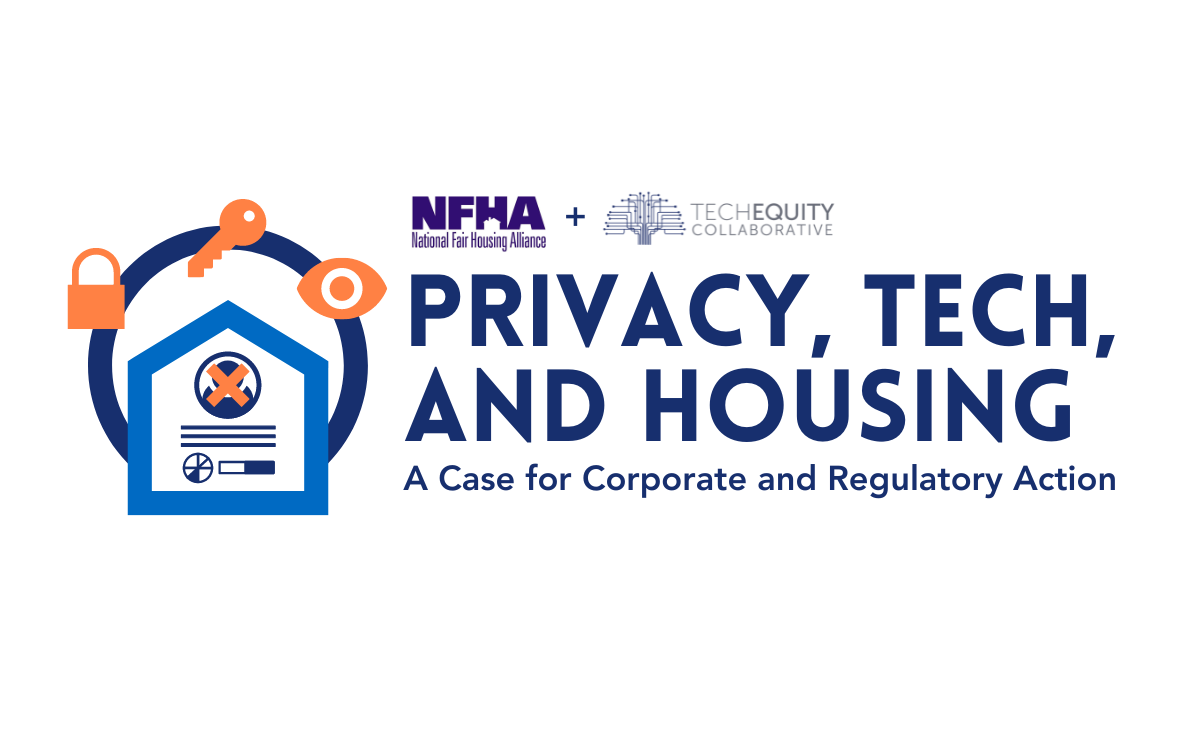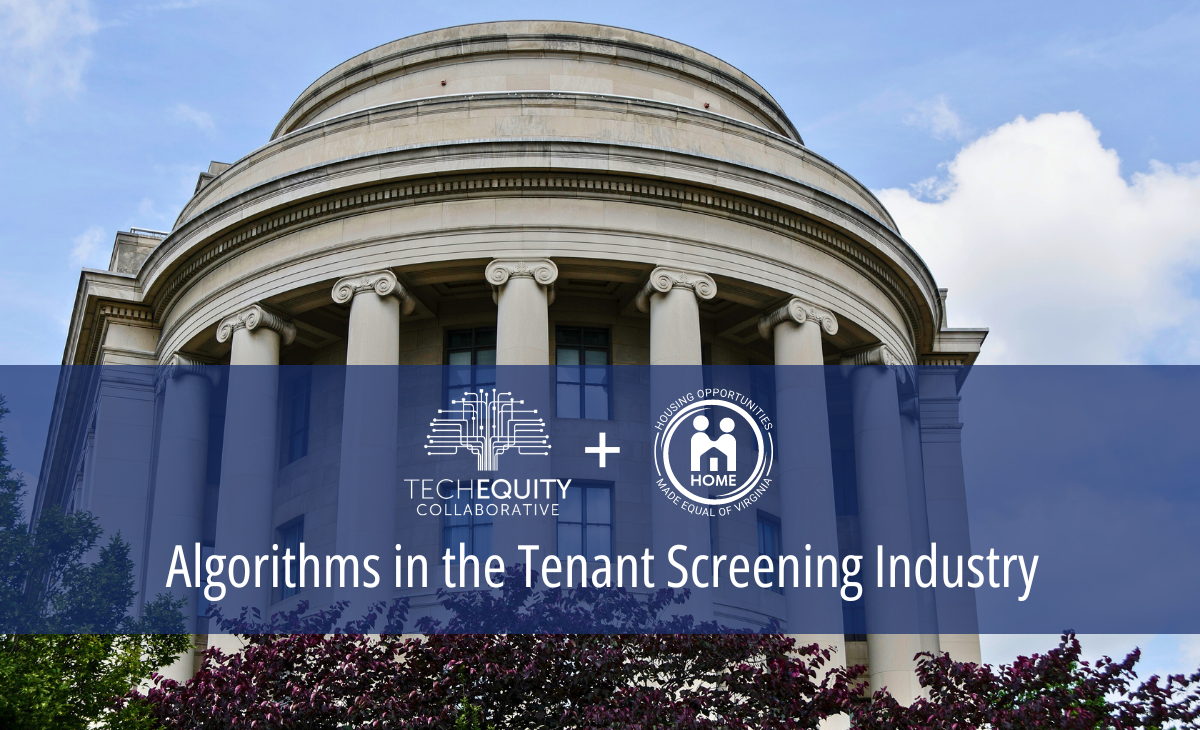6 Ways that Proposition 13 Sucks

Most people know that Prop 13 changed the way the California collects property taxes, pegging the rate landowners pay to the value of the property at the time of purchase, rather than its market value.
But there are also some little known elements of the measure that have wreaked havoc on our state. The effects of Prop 13 are far reaching, and the consequences of this devastating policy are still being felt, forty years after its implementation.
Read on to learn more about some of the lesser known consequences of the policy:
1. It makes California’s tax system unlike almost any other state.
If you grew up in California, or have never owned a home anywhere, you may have never given much thought to California’s property tax system.
In many other states property taxes are regularly reassessed. A county assessor will come to the home or office building you own every 1–5 years and, based on market factors, determine the value of that property. The state and local property tax rates are then applied to that assessed value. This means that as the value of your property increases, so do your property taxes.
Because of Prop 13, property owners in California don’t have regular reassessments and their property taxes aren’t tied to the market value of their property. Instead, California’s property taxes are based on the purchase price and total taxes that can be collected on that purchase price are capped at 1% percent. Taxes can’t be increased year over year except to account for inflation, or 2%, whichever is less. The only time a reassessment is triggered is when the property is sold.
The passage of Prop 13 did spur tax reform in many states in the late 70s and into the 1980s. 20 states did pass some kind of limit on property tax increases, but nobody did it quite like California.
2. Prop 13 was billed to protect homeowners, but it’s actually corporations who are reaping the biggest rewards.
Prop 13 treats corporate and residential properties exactly the same. Large corporate land holders get the same rate control that homeowners do: They have a low 1% tax rate applied to the purchase price of the property, and property tax increases are capped at inflation or 2% or whichever is lower.
The biggest difference between Prop 13 for homeowners and Prop 13 for corporate and industrial land barons? It’s easier for corporations to dodge reassessment.
Under Prop 13, reassessment is triggered when a property is sold. But corporations have found ways for a property to effectively change hands without ever triggering a reassessment, thus locking in their low tax rate. They do this through a complicated dance, selling off the land in pieces to an intricate web of shell corporations.
The Schools and Communities First Act, the 2020 ballot initiative we are supporting, addresses this aspect of Prop 13. It removes Prop 13 protections for commercial and industrial properties that are valued at over $2m.
3. It kills our tax base.
Days after Prop 13’s passage, Governor Jerry Brown (then in his first term) gave a speech saying “The path forward and transition will be difficult and painful.” He then proceeded to cut $7 billion from the budget, decreasing funding for local services by more than 50%.
Today, the state continues to lose much-needed funding as a result of Prop 13. About $6 to $10 billion dollars is lost each year just from corporate properties. Our local budgets are constantly squeezed, forcing the communities to cobble together solutions to meet the need — passing local bonds and taking on debt and patchwork solutions like parcel taxes.
4. It allows for poor land use and speculative investment.
When properties are taxed on their market value, land owners are incentivized to turn the property into something productive that warrants such a large property tax bill. With rock-bottom property tax prices, it doesn’t cost much for a property owner to hold on to a vacant lot or underutilized piece of land, so that’s exactly what they do.
Property owners can sit, pay pennies per square foot in taxes, and watch their land values appreciate while investing nothing in property improvements. This means expensive cities across the state have hundreds of vacant parcels and under-attended strip malls that could be turned into something useful like housing — that is, if the owners had any incentive to sell the land or develop it. Oakland passed a measure this past November to address the issue, but local piecemeal solutions don’t confront the thousands of vacant properties across the state.
5. The tax burden is shifted to sales and income tax.
While long-time property owners get a break, everyone else shoulders more of the burden.
In order to have healthy, stable revenue sources, a state needs to ensure that they have diversified revenue streams. The three pillars of a balanced tax system usually includes income tax, sales tax, and property taxes. Because California drastically decreased the property tax revenue we can access, our sales and income taxes are comparatively higher.
Those that don’t own property subsidize those that do by paying higher sales and income taxes while reaping none of the wealth-building benefits of property ownership.
Our over-reliance on these two other main streams of revenue also make it more difficult to weather storms, since income and sales taxes are more volatile during economic downswings.
6. All kinds of new taxes are harder to pass—not just property taxes.
Just crushing our state’s property tax revenue stream wasn’t enough for Prop 13’s authors. They also made it harder to pass both state and local taxes moving forward.
The 1978 ballot measure included a poison pill: to pass any new state tax, a supermajority (two-thirds of the legislature) is now required. This makes it even harder for the state to make up the difference in revenue lost through Prop 13.
Local taxes are also held to the same supermajority threshold; Prop 13 requires two-thirds voter support when passing taxes for a “special purpose,” meaning the money is intended to fund a particular program. For example, San Francisco’s recent battle over Measure C required a supermajority to pass because the measure specifically funds homeless services.
Local taxes that go into the general fund thankfully remained untouched by the sweeping changes brought about by Prop 13, but it makes it much harder to pass service-specific taxes.





